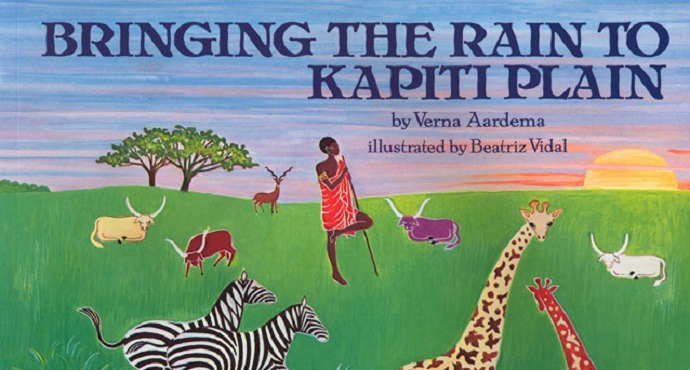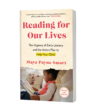As I watch the #weneeddiversebooks hashtag fly on Twitter, I’m reminded that seeing some element of yourself reflected in the books you read can affirm you in meaningful, life-altering ways.
I’m so thankful to my parents for making it easy for me to fall in love with books. From Day One when they named me after Maya Angelou, they set me up for a grand reading life.
Ironically, I don’t have any memories of my parents reading to me, even though I know they did. (My dad said I learned to read at 3 and insisted from then on that I do it myself.) What I do recall is the excitement of tangling with books at our neighborhood library. My mom and I always parted ways just inside the front doors of the Ayres Branch Library, where I hung a sharp right into the colorful juvenile section. It was the ‘80s and the library (the renovated home of a deceased doctor) was small enough and the librarians familiar enough (one lived on my block) that kids roamed freely.
I remember the intimacy of that space, those shelves and the comfort of returning again and again to the same books. Stories like Bringing the Rain to Kapiti Plain and The People Could Fly. I still remember the language and the lessons of those gorgeously illustrated folktales and slave narratives.
Moreover, I understand that their impact went far beyond the morals and values the stories themselves conveyed. Collectively, those books and others like them that depicted black people at the center of their own stories taught me something incredibly powerful–that to be black was not to be marginal. That regardless of the circumstance, one could be the protagonist, drive the action and bring forth possibility where there had been none. If these characters could own their stories, some of them even amid slavery–the ultimate objectification–then I knew I could own mine, too.
I saw myself within the pages. I thought that in the face of the devastating droughts of my life, I could stand poised like Ki-pat and shoot down the rain with a feathered bow of my own design. I wondered if I were descended from the people who could fly who had shed their wings in the cramped quarters of the Middle Passage but kept their mysterious power nonetheless. I reckoned that I carried the torch and faith and courage of enslaved ancestors who toiled with no magical recourse under the overseer’s whip until the time came to run.
Today I have no doubt that these early books and the many volumes that I read later have instilled within me great pride in my history and culture and great perseverance in my character. It’s a gift I want to share.
My daughter Zora (named after author Zora Neale Hurston) is two and a half and can’t yet read, but her copies of Bringing the Rain to Kapiti Plain and The People Could Fly stand ready on her bedroom’s small bookshelf. I hope that she too will be informed, shaped and bolstered, by many wonderful, powerful books. We need diverse books so every child can have that experience.


